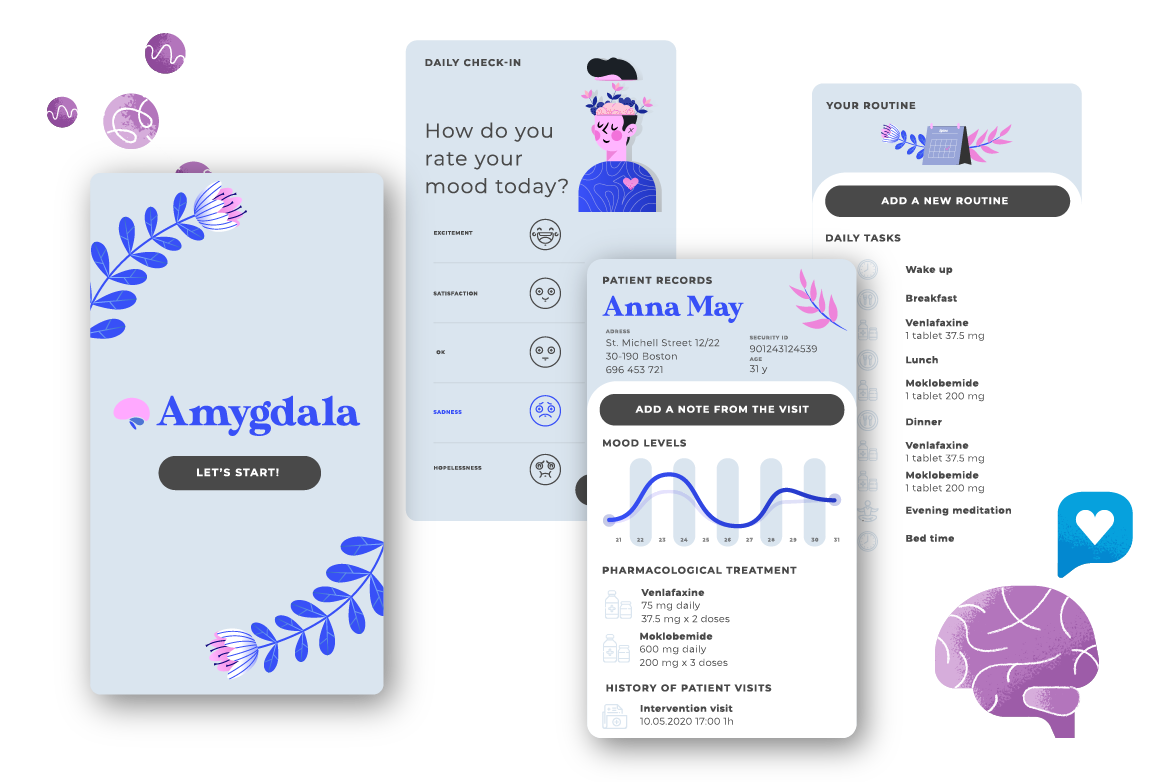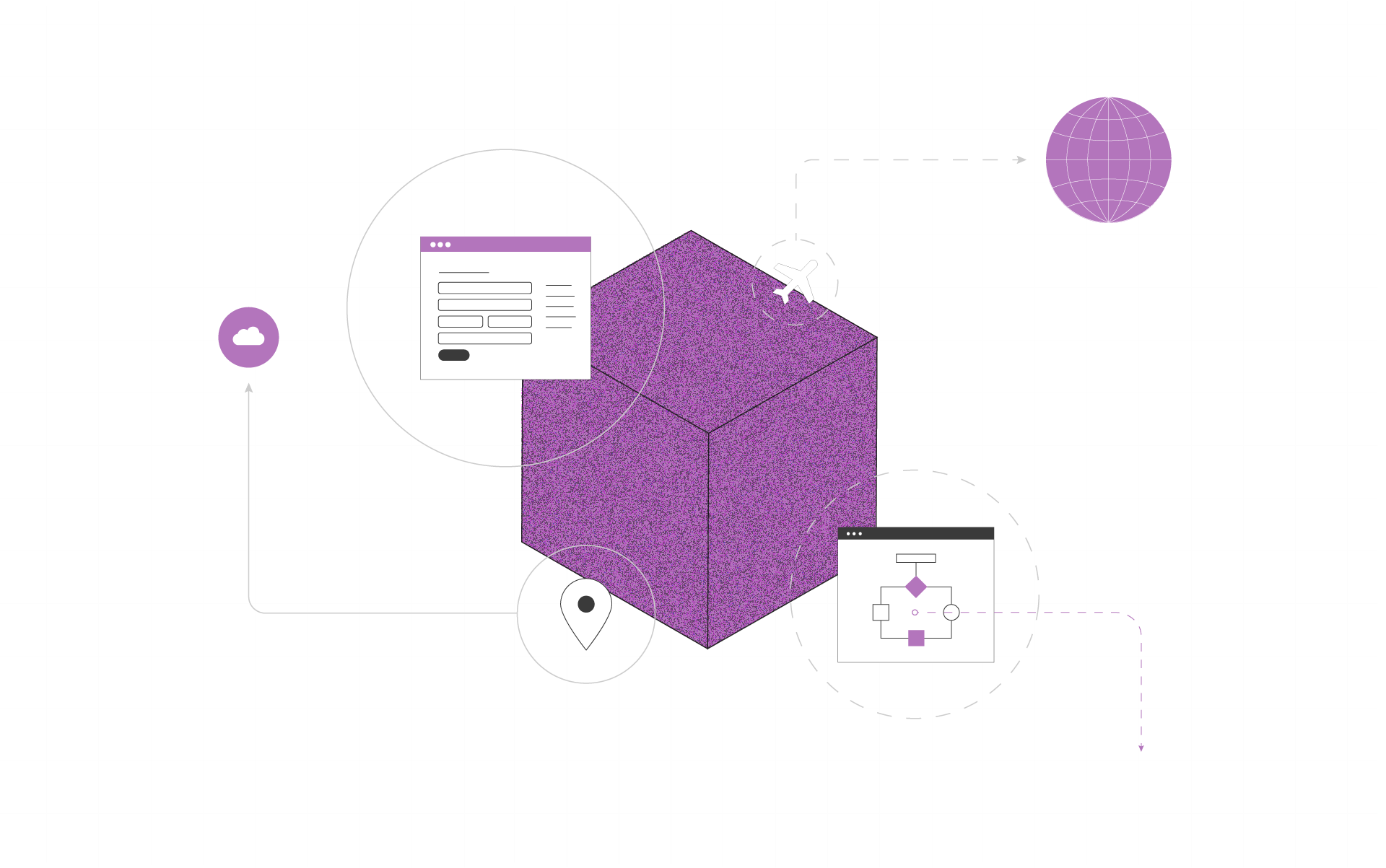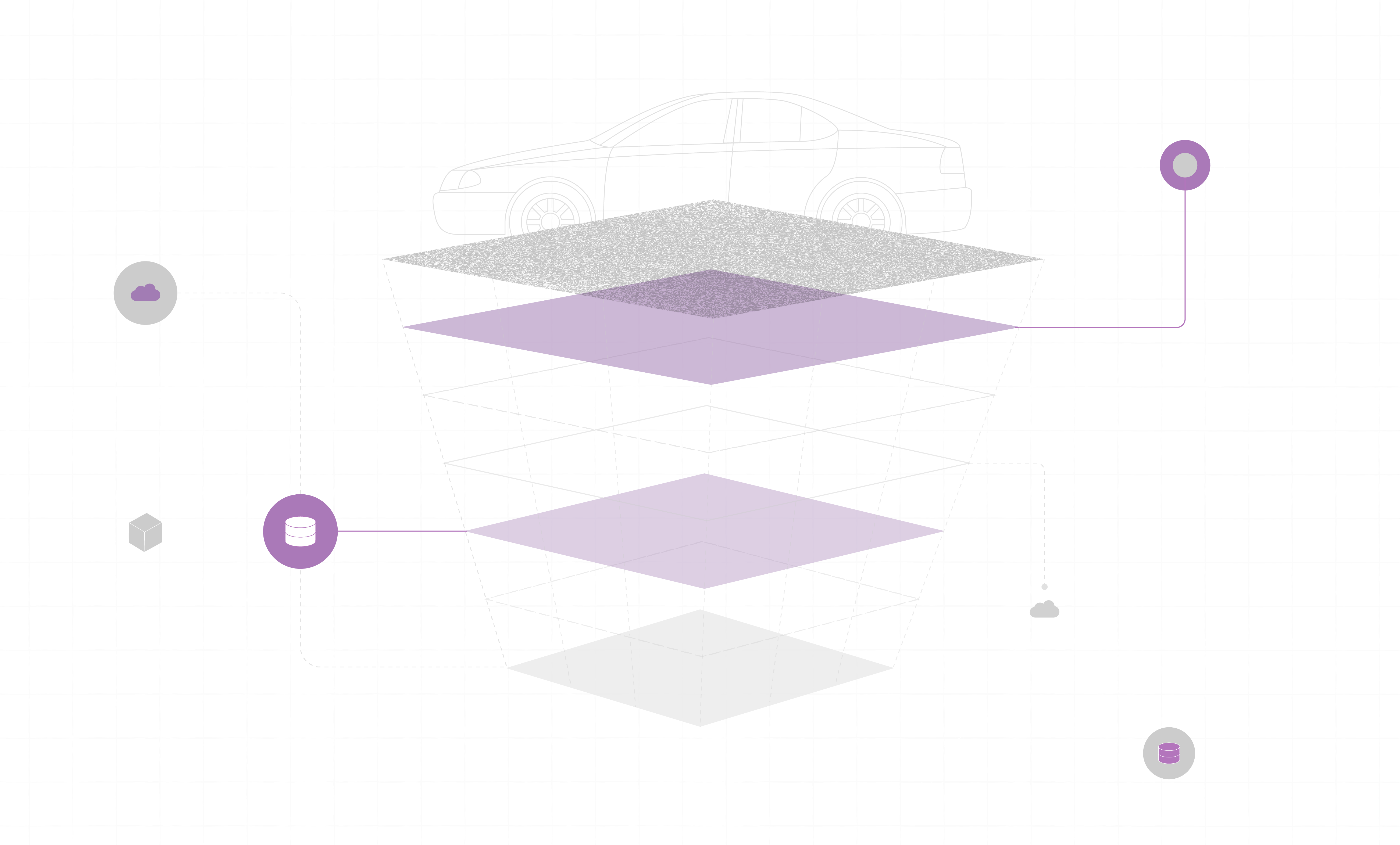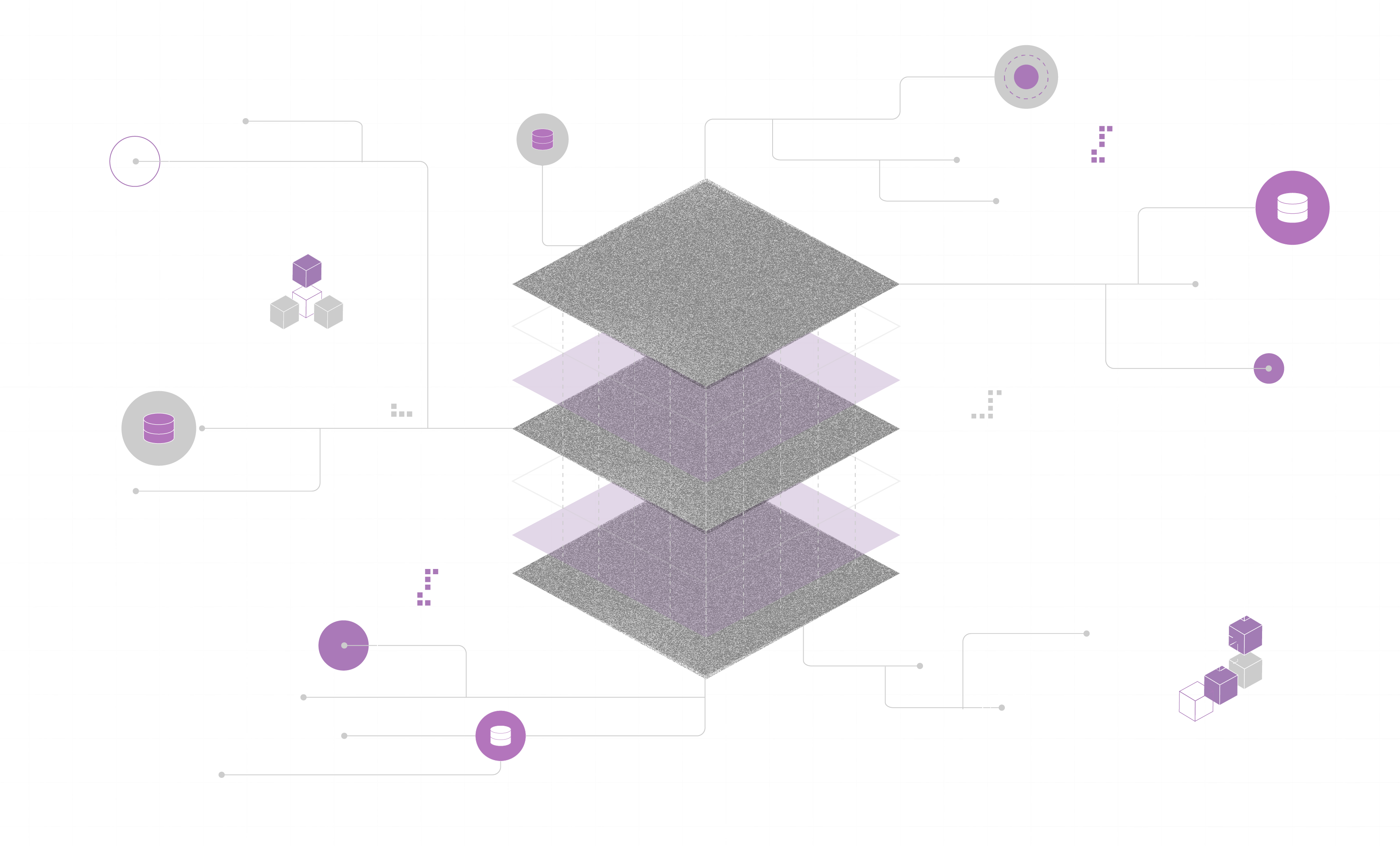Process & Story
Mental health is a critical issue that affects people of all ages and backgrounds. Depression and anxiety are the most common mental health disorders. It is estimated that 1 in 5 adults in the United States experiences a mental illness in any given year, and almost half of all Americans will experience a mental illness at some point in their lives. Despite these staggering statistics, there are still a lot of stigmas attached to seeking help for mental health issues. This means that many people suffer in silence, not knowing where to turn for help.
Symptoms of mental illness can be very debilitating, making it difficult for people to go about their everyday lives. In some cases, people may find it difficult to leave their homes or talk to others.
One way to address this problem is to provide people with an easy way to get daily emotional support and connect them with mental health professionals. This is where an AI therapist app may be able to help.
During a dedicated AI Design Sprint, we managed to analyze mental health issues and the possibilities and potential benefits of introducing artificial intelligence to aid mental healthcare.
Problem
People struggling with mental illnesses need daily support that can help them keep up with their routine, as well as professional medical advice through therapy sessions.
Not everyone can afford the full support of a human therapist, and some people find it challenging to open up about their feelings and problems. Day-to-day support is essential to keep up with moving forward on the mental health journey and make sure that progress is being made, but it can be difficult for some people to find the time or resources to get this type of support.
We approached the problem with the aim of making mental health support more affordable and accessible for everyone.
Solution
nexocode team designed a mobile application named Amygdala. Amygdala is a personal assistant that helps users track anxiety and stress levels and supports them in their daily work on sustainable mental health. The main functionality is a dedicated chatbot. Users can easily share their emotions and disturbing symptoms through a conversational interface based on machine learning solutions.
There’s also a cognitive behavioral therapy (CBT) component of the app that teaches users how to dispute negative beliefs and manage anxiety, as well as a thought record that offers methods for changing prejudicial ideas so users can revise their way of thinking.
Routine is extremely important in the treatment of mental disorders, which is why the application helps to plan and execute daily tasks and activities. Some of the data for the application will flow from the user’s phone itself, e.g., sleep, physical activity, or time in front of the smartphone screen, which the users will not have to enter by themselves.
In increased tension or crisis situations, the user will find an exercise section in the application (simple breathing exercises, meditation suggestions, etc.) that will help with stress relief and emotional control. The app also allows users to develop new abilities that support stress management, such as gratitude and mindfulness, in only a few minutes each day.
In the treatment of mental illnesses, not only own work is essential, but also the support of professional therapists, clinical psychologists, and psychiatrists. Amygdala connects users with mental health professionals who can provide them with professional medical advice. In addition, the Amygdala application supports the contact between the patient and the therapist. The user can share his profile with the therapist, thanks to which the therapist has access to the data collected by the system, which allows for a better diagnosis of disorders, planning treatment, and verifying the progress made by the user towards better mental health.
By easier tracking of all relevant information in one place, the app also helps to understand how medications and therapy aid mental health care. It assists in identifying what treatment strategies are working best for users to gain a better understanding of how to improve their symptoms.
The app allows for easier monitoring of all necessary data in one location, which can be beneficial to mental health care. It helps users understand how they might improve their symptoms by determining which treatment methods and regimens are most effective for them.
The app allows for easier monitoring of all necessary data in one location, which aids in the comprehension of how medication and therapy assist with mental health care. It assists users in determining which treatment methods are most effective so that they can better comprehend their symptoms.
